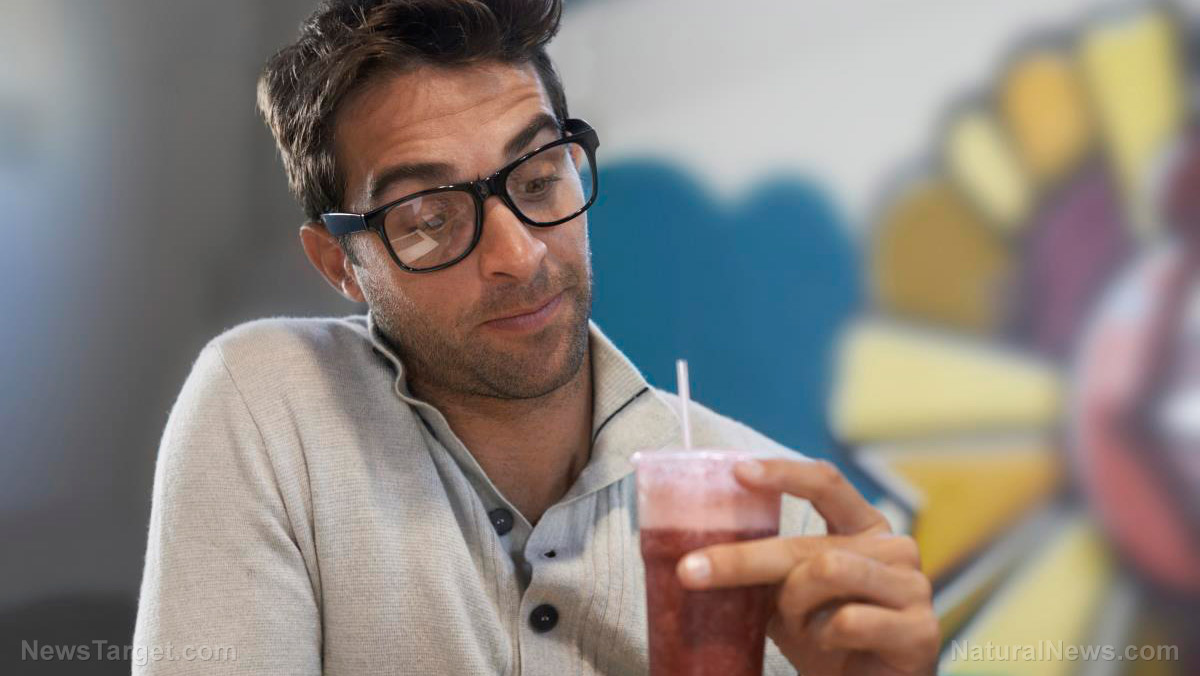
What food should a person eat when they’re trying to manage diabetes? The official recommendation is to follow a diet that is very low in fat and high carbs. Sugar, understandably, is out, but sugar substitutes are generally accepted in the standard diet pushed on diabetic patients. That should be your first clue that this approach might be flawed.
In fact, some nutritionists say the conventional wisdom gets it all wrong and that diabetics can benefit much more from eating a low-carb, high-fat diet.
Top nutritionist Patrick Holford advocates following a diet that has a low glycemic load. This system measures the way that various foods affect a person’s blood sugar levels. He says that people who follow this type of diet can prevent diabetes from developing or reverse it once it has already set in.
Speaking to the Irish Sun, he said he believes that what every recently diagnosed diabetic and prediabetic needs is not drugs, but an educational workshop with a nutritional therapist. He believes that if these patients are educated about which foods will serve them best and they learn how delicious and easy it is to stick to this way of eating, we wouldn’t be seeing such a high rate of type 2 diabetes around the world and there wouldn’t be such a great need for risky diabetes drugs.
Holford also feels that people could benefit from meeting others who have tried this approach and reversed their diabetes. He has even seen type one diabetics who are insulin-dependent reduce their need for insulin by as much as 75 percent by following this way of eating. He also believes the right nutritional approach could reduce cases of dementia.
Science backs up this approach
He bases his opinion on several scientific studies, including one out of Australia which found that eating more low-GL food and vegetables cuts the risk of diabetes by a quarter. A different study involving 85,000 women found that following a diet low in carbohydrates worked better than one that was low in fat at preventing diabetes. Yet another study, this one published in the New England Journal of Medicine, found a low-fat diet raised glucose levels while the Mediterranean diet significantly lowered them and was highly effective for diabetics.
What does a low-GL meal look like? Breakfast might be a scrambled or hard-boiled egg with a slice of rye toast or fruit topped with seeds and yogurt. Possible lunches include foods like quinoa, bean and vegetable soup, or apple and tuna salad. Snacks could be smoked salmon, hummus, a small pear or apple, crudités, or spiced chickpeas. For dinner, steamed fish with brown rice or chicken with salad are just some of the options. There’s even room for the occasional splurge in the form of the small glass of wine or light dessert.
Another way you can fight diabetes is by boosting your intake of turmeric. A study that was published in Diabetes Care in 2014 found that turmeric extract had a 100 percent efficacy rate in stopping prediabetes from becoming full-blown type 2 diabetes. The patients in the study took just 250 mg of curcumin to get these benefits. Other studies have shown that consuming omega-3 fatty acids has a profound effect on diabetes as well. As you can see, diet can be incredibly powerful when it comes to fighting diabetes. Before blindly popping whatever pills your doctor is being paid to push, you owe it to yourself to explore whether a dietary overhaul could be enough for you to keep this condition in check.
Sources for this article include:
Please contact us for more information.






















